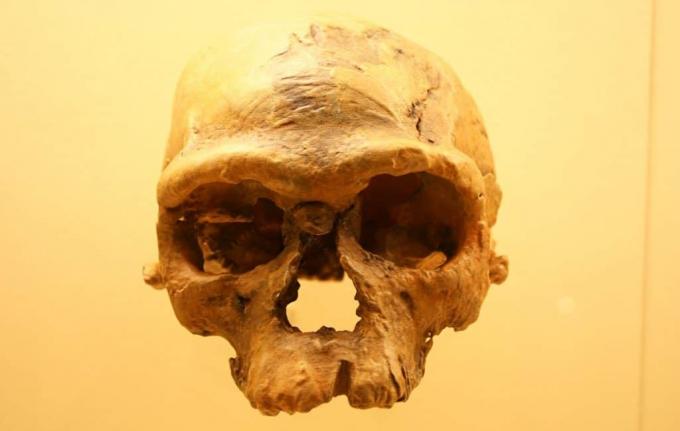Archeology points out that human civilization had its origin in Africa. Through meticulous excavations, analysis of artifacts and studies of archaeological sites, researchers have built a solid narrative that points to the Africa as the cradle of humanity since a long time ago.
This understanding has developed over decades of research, and the archeology has played a vital role in bringing to light evidence supporting this theory.
see more
Financial education starts early and before it's too late
Noble gesture: boy finds wallet with BRL 9,700 in lago and returns it…
Fossils of human ancestors, such as those found in places like Sterkfontein and Olduvai Gorge, have shed light on the early stages of human evolution in Africa.
In addition, the analysis of archaeological sites in various parts of the African continent has revealed evidence of ancient civilizations, advanced agricultural practices and the development of complex structures social.
To the Great Pyramids of Egypt, for example, are iconic monuments that testify to the skill and knowledge of ancient African civilizations.
However, recently, a significant milestone was documented in the journal Nature, consolidating itself as a discovery of notable relevance that may change, at least a little, the current conception of the evolutionary chronology of humanity. Understand below!
A group of German researchers, who conducted investigations in western Morocco recently, brought to light human fossils with an average age of around 300,000 years.

(Image: Nature magazine)
This discovery is remarkable, as the remains found in the Jebel Irhoud Cave shed new light on the evolution of modern humans.
The findings in this cave practically create a new chapter in relation to what was known until then: modern hominids evolved in Africa, a notion already established.
The real “X of the question” brought here is that this process may have occurred much earlier than previously imagined. Through painstaking excavations and analysis at Jebel Irhoud, scientists have established that our lineage Evolutionary theory may in fact have begun to take shape approximately 300,000 years ago, in line with new developments. finds.
This not only reinforces Africa as the cradle of humankind, it also reshapes our understanding of the chronology of evolution.
The fossils discovered encompass a variety of parts of the human body, such as a skull fragment, spinal vertebrae, as well as the bones of the upper and lower limbs.
According to the researchers, the bone fragments belonged to a group of individuals of the species homo sapiens that inhabited the region of North Africa. The group already seemed much more evolved, in comparison with specimens discovered in other parts of the African continent.
At Trezeme Digital, we understand the importance of effective communication. We know every word matters, so we strive to deliver content that is relevant, engaging, and personalized to meet your needs.